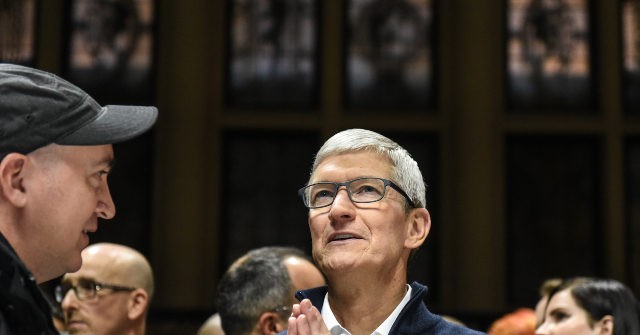Report: Over 90% of Global Companies Fail to Uphold Human Rights, Labor Standards

The Spin
Narrative A
In order to achieve the UN Sustainable Development Goals and meet the target of halving poverty by 2030, it's essential for the private sector to adopt socially responsible business practices, uphold human rights, ensure safe workplaces, pay fair wages, and pay their fair share of taxes. Responsible lobbying is also crucial in the effort to reduce poverty. Social movements worldwide are calling for an economic system that prioritizes the welfare of billions over the wealthiest few individuals.
Narrative B
Free trade and a robust private sector are often targeted as being the source of labor and social woes, but in reality, child labor has diminished, wages have increased, and the workplace has become safer in the era of globalization. Wealthy countries also tend to lead innovation regarding renewable energy and impoverished nations often benefit from engagement from multinational corporations. The private sector is a massive boon to social well-being.
Metaculus Prediction
There is a 16% chance fewer than 375M live in extreme poverty by 2030, according to the Metaculus prediction community.
